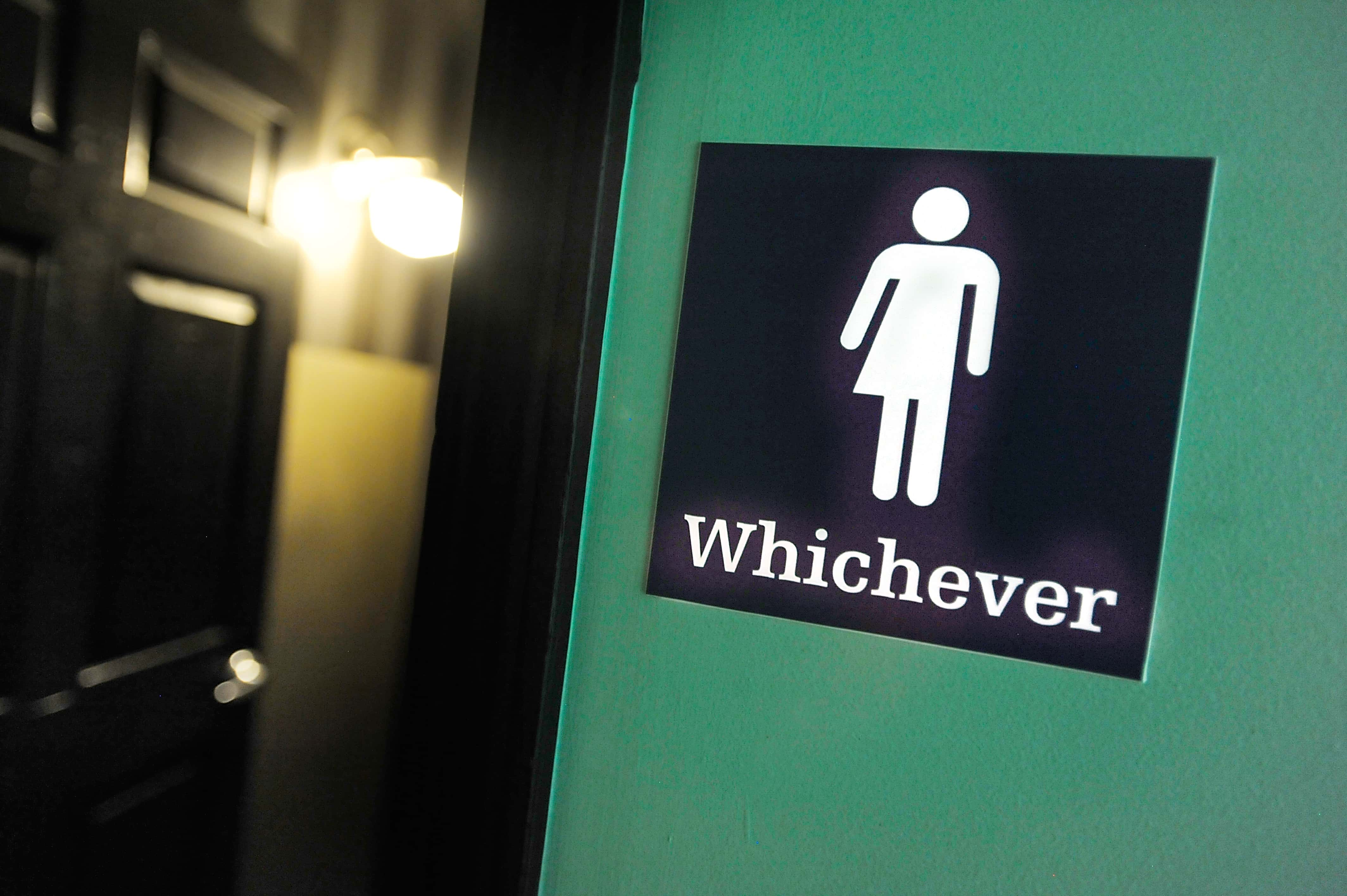What is HB127? South Dakota bill limiting transgender athletes could change the face of women's sports forever

South Dakota Governor Kristi Noem has issued a veto against the state's HB1217 bill, her first veto of the 2021 legislative session. The governor believes that the "bill’s vague and overly broad language could have significant unintended consequences" and has asked for changes. What's all the fuss about you ask? It's because the bill could change women's sport as we know it if passed.
HB1217 or "promote continued fairness in women's sports" act is a bill whose purpose is to prohibit transgender athletes from participating in women's sports. Specifically, the bill wants to limit athletes who were born males from participating in female sports in schools and colleges in the state. It presents a major hurdle for inclusivity, bucking the national trend for the inclusion of transgender athletes.
RELATED ARTICLES
Since the veto is a "style and form veto", it would only require simple majorities in both houses to adopt the recommendations. Even if it does pass with the changes, the watered-down version presents a huge stepping stone for conservative lawmakers who have been rallying against the LGBTQ community for decades.
Conservatives have introduced over 30 bills in various states to limit transgender participation in sports while Democrats in the federal government are battling to pass the Equality Act, which would help transgender people participate in sports.

What is HB1217?
Sponsored by Republican House Representative Rhonda Milstead, HB1217 is a controversial bill that limits transgenders from participating in sports in South Dakota. According to the current version, passed 50-17 in the House and 20-15 in the Senate, the bill introduces new checks on transgenders.
This includes a yearly written statement from each student verifying their sex at birth and specifically outlines the use of anabolic steroids. Any students using such steroids will not be allowed to participate in sports either in school or in college.
Schools and colleges will have to mandatorily collect disclosure forms from all participating students attesting to those two facts among others. The bill also makes it illegal for associations, organizations and any government entity to sue a school or college for enforcing the bill. In essence, it excludes trans athletes and provides little avenue for them to fight back.
Anabolic steroids are a synthetic version of the hormone testosterone. The steroids are used for hormone therapy, mainly for men who identify as women. A side effect of this treatment is increased physical appearance and performance, which many believe gives those undergoing the treatment an unfair advantage in competitive sports. However, these steroids are a vital part of the hormone treatment people undergo when transitioning.

The specific mention of anabolic steroids has led to widespread opposition against HB1217. Even the governor thinks some portions of the bill are a step too far. Noem issued a statement outlining the changes she wants and why. A key change she wants is to specifically outline women's sport, which the original bill does to some extent.
According to Noem, she wants the definition of women's sport to be outlined as "a team or sport designated as being female is available only to participants who are female, based on their biological sex, as reflected on the birth certificate or affidavit provided upon initial enrollment."
Noem also wants to remove the restrictions on universities, arguing that "competing on the national stage means compliance with the national governing bodies that oversee collegiate athletics... a fifty-state patchwork is not workable."
The recommendations, if implemented, would create a two-standard system in South Dakota. Transgender athletes would almost certainly be banned in school but allowed to participate in college. That is a key source of contention right now. Senator Maggie Sutton, who sponsored the bill in the Senate, told Keoland, "removing the collegiate is simply saying that biology matters in high school, but not in college."

Significance of HB1217
The bill now has two possible ways forward. Either it passes with Noem's recommendations by a simple majority in both houses. Alternatively, if 2/3 majorities in the House and Senate choose, they can override the governor's recommendations. The changes will be debated when lawmakers return on March 29.
Whichever way the bill goes, it presents a huge step forward in the exclusion of transgender athletes. It directly conflicts with the National Collegiate Athletic Association's (NCAA) 10-year trend towards inclusivity, and the Equality Act proposed by Democrats in the US House of Representatives.
More worryingly, the bill could be a template for other similar actions, such as HB500 in Idaho. Mississippi Governor Tate Reeves recently signed SB2536 into law, which prohibits transgender female athletes in schools in the state.
Conservatives are currently passing a wave of bills to restrict access for transgender athletes, arguing that they have an unfair advantage. If passed, these bills would make it illegal for transgender athletes to participate in women's sports, even though they do identify as women. It would force them to either give up their sporting passions or participate in men's sports.
For that reason, there's also a wave of protests against such discrimination. In a February 2021 blog, the ALCU wrote, "today’s fight is not about sports. It’s about erasing and excluding trans people from participation in all aspects of public life. It’s about creating “solutions” to “problems” that don’t exist and, in the process, harming some of the most vulnerable young people in the country."
It's unclear now what the future of HB1217 is, but it will be passed in some shape and form. That will give conservatives another boost in the arm in their war against the LGBTQ community as Republicans in the Senate are firmly opposed to the Equality Act. In the end, transgender people suffer as they are left out in the cold.










